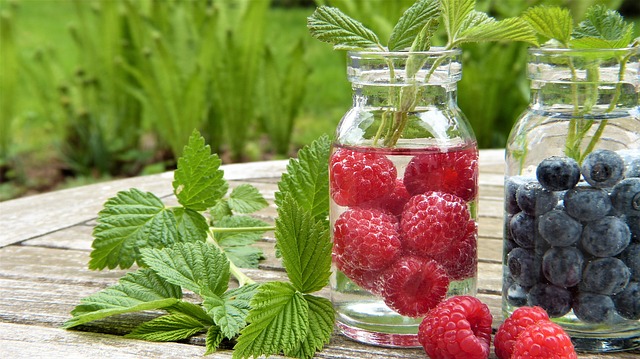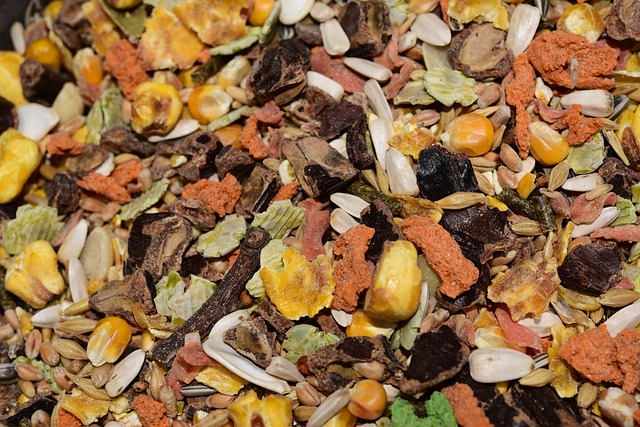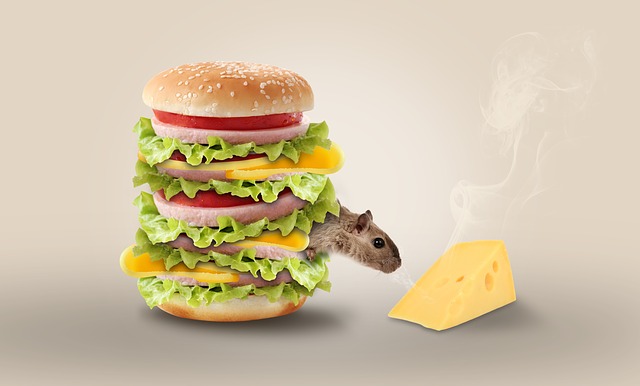If you listened to all the comments made by gerbil owners, you would imagine they are some of the fussiest critters out there – but they are technically omnivores which means they can eat foods from all the main food groups including grasses, nuts, seeds, veggies, fruits and even the odd insect snack…
Your gerbils, however, might just decide not to.
Mine totally love a few favourites including broccoli, millet, sunflower hearts, mealworms, wild strawberries, blueberries, raspberries (including their leaves), hazel twigs, pumpkin seeds and the odd locust.

Gerbils aren’t quite as culinary expansive as rats and mice, for example, who can quite well gorge on cooked human foods and a vast array of meats and plants that just wouldn’t suit the niche desert-like needs of our beloved gerbils.
What do gerbil like to eat in the wild?
Gerbils haven’t evolved to be scavengers and opportunists like other mammals and so their dietary needs still quite reflect that of the wild relatives. Although I am sure their ancestors have never seen a raspberry plant or some South American millet, the food groups they represent are found across the globe.
Many pre-made gerbil diets are found in stores these days try to cover these man food groups – and sometimes these are ‘shared’ with hamsters or mice (both other generalist granivores).

These foods all have enough basic grains and seeds that can keep your pets very happy (desirable) and alive (essential), but they won’t be the exact perfectness that some people desire for their own pets – as they are made for the masses. However, if they were all the 100% exact ingredients needed and in the exact amounts that gerbils needed – they would all be exactly the same wouldn’t they?
But they aren’t – they are all generally ‘complementary’ diets (which means that they should be eaten with other foods), so we can choose from many different products on sale and add to them as we wish with ‘extras’.
As with every species though – there are a wide variety of things that you shouldn’t feed your gerbil either EVER or in large amounts anyway; including onions, raw potatoes, mushrooms and rhubarb.
Feeding your gerbil: Top tips
A general gerbil will get by eating about a teaspoon a day of gerbil food – which you can either scatter feed or measure into a bowl each day. But there are a few things worth knowing from the off.
Scatter feeding – throwing the food across the floor. this method of feeding is seem as offering your gerbils some environmental enrichment – as they have to go and find it. This can also be useful in a large group of gerbils as sometimes the dominant ones will ‘guard’ the food bowl and prevent the other gerbil or gerbil from eating whenever they want. However, if you scatter feed – you don’t know how much they have eaten?
Storing food – yes, some gerbils can hide their grain. Some gerbils – not many I might say though – hide their food around the tank and so you may be tempted to add more food that needed rather than feel guilty. However, all that happens is the food get soiled and you have to throw it all away – wasting valuable pennies that could have been spent on new toys!
Different food mixes – there are two main types of food. One is the muesli type – where you can see all the the different ingredients for what they are – ie – whole sunflower seeds, wheat, flattened peas etc. These allow the gerbils to mix and match what they like and leave what they don’t. Extruded foods however, are all these grains and seeds mashed together and pushed through a machine (sometimes called kibble) – leaving these foods to look like none of the ingredients – but much more nutritious per bite.
Fresh fruit and veg – of which there are plenty to choose from. Only give a small amount of these per day to add variety (and some yummy vitamins and minerals) as gerbil tummies are only small too. Offering more than they can eat in one sitting can just mean that the leftovers go ‘off’ or mouldy in the tank – which isn’t good for anyone.
Natural and pre-made treats – yes, there is such a thing as too much. Treats are usually high calorie and so more filling that other foods. By feeding too many treats, you are filling their gerbil tummies with more than enough calories for a day and so taking up space in their daily quota for all the other essential nutrients they need to eat to stay healthy. Just like you eating too many sweets (full of nothing useful) and then not wanting to eat dinner (full of everything needed to make your bones and muscles). It is a very silly compromise really – so think sensibly for your gerbils.

A question plz, the seeds found in most gerbil foods if I grow them can they eat the plant?
Yes, most of them will grow into a plant that you can feed the fruit, plant, petals or the seeds of – but there will be differences. For example they might not like the sunflower or butternut squash/pumpkin plants and leaves – but will love the seeds from them. They will also love the butternut squash/pumpkin flesh, and they will just love the sunflower petals.
Most of the tiny seeds (like linseed and millet) should all grow in the right conditions and may be eaten like grasses/hay or just the seeds after flowering – even the wheat and sweetcorn could well sprout out too. The best thing to do with each food would be to look at the list of ingredients in it and check them all out individually. I don’t think any would be toxic as a plant, but it is always worth checking. Sometimes there are plants with quirks?
However, if your food has been heat treated or irradiated (for example some wild bird food say now that it won’t grow in your garden if it falls out of the feeders) then the seeds won’t germinate.
I grow a lot of my own foods for my clan, I also keeps a few fruit bushes on the go so they can get fresh strawberries and raspberries each year too.
Thank you I appreciate the advice, these little things are better few than me.
Think the website is great, been very useful!
Kind Regards
Chris
Thanks Chris – good to hear RodentZone had been of help.
This site is growing all the time – so do let me know if you have any ideas for what things to cover next. There is so much yet to write about, so it is nice to hear what my visitors would like to see more of.
Anyway – hope your gerbils enjoy their home-grown treats!
would honey be ok for my gerbil in a small amount
Hello Ella.
A lot of people use manuka honey for treating injuries and to promote healing in gerbils – so I would imagine that it is quite safe if ingested – otherwise all these gerbils would have got more ill?
However – honey is really high in natural sugars so it really woudn’t be something you would want to give your gerbil too often or in too large a quantity – especially as there are plenty of more healthy treats that they love just as much or more than honey.
Also, we might avoid giving it to them in their enclosure if you do – as I would imagine all their substrate would get stuck to it?